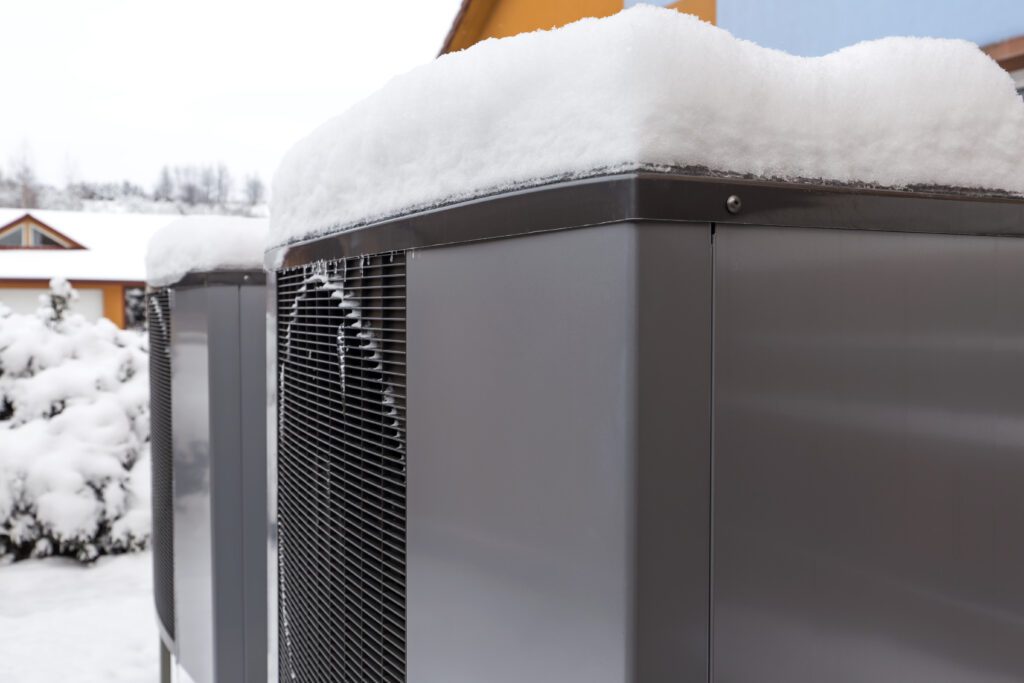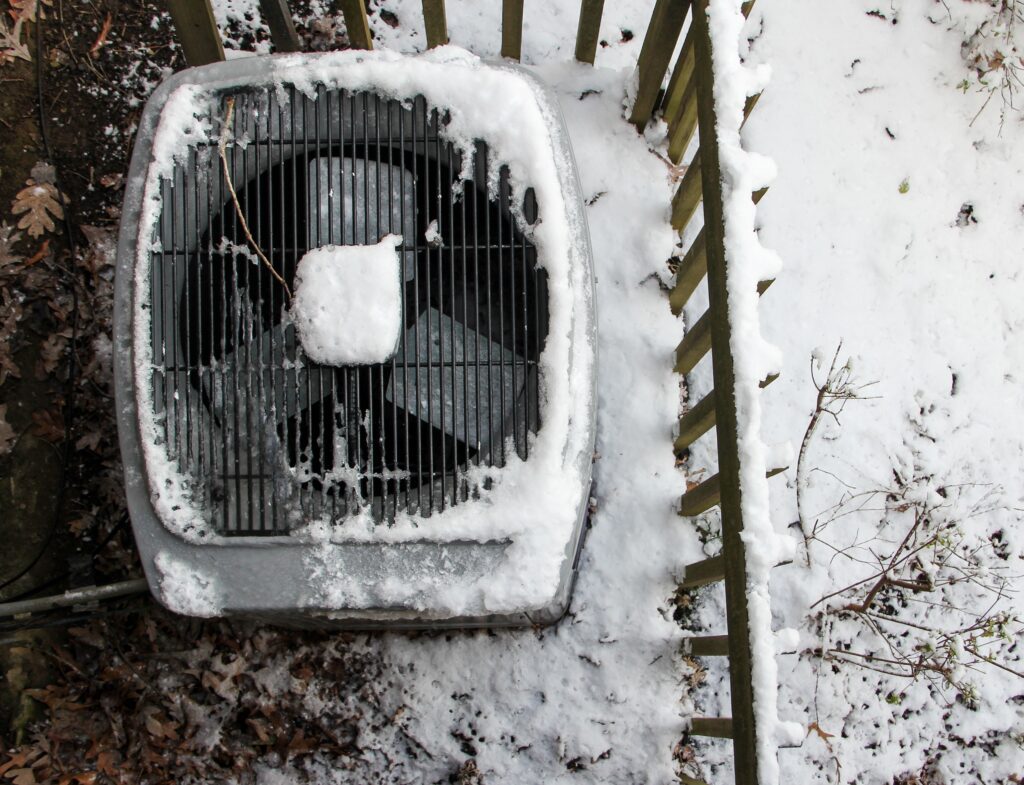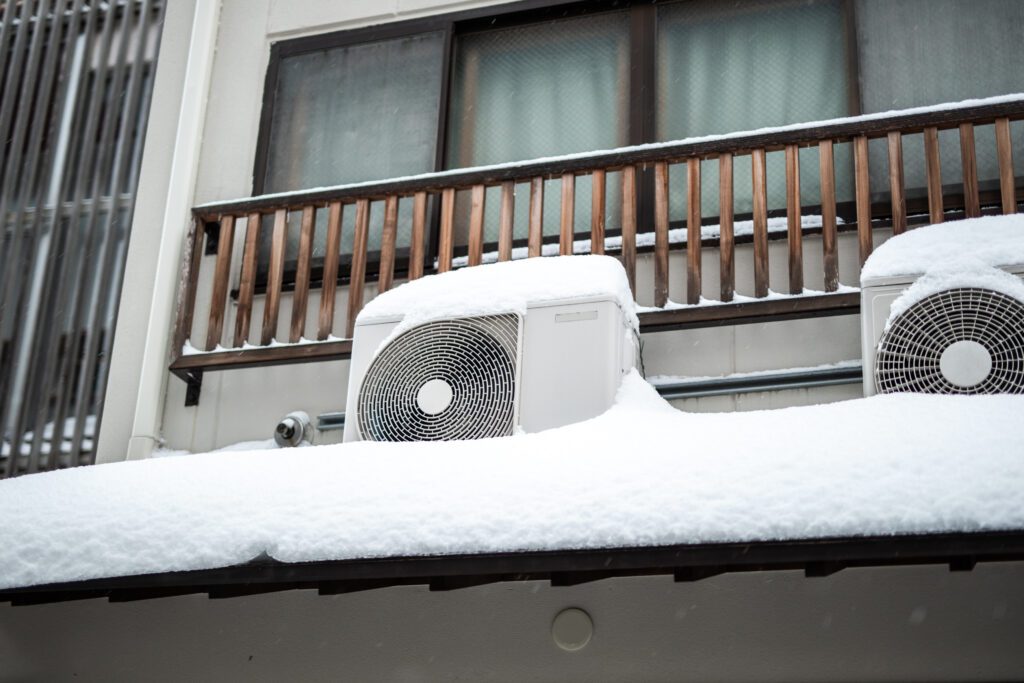As winter approaches, ensuring that your HVAC system operates efficiently becomes crucial. The cold months can put significant strain on your heating system, and proper maintenance is essential for optimal performance. In this article, we’ll explore the importance of winter HVAC maintenance, outline key do’s and don’ts, and provide practical tips for maintaining a comfortable home during the colder seasons.
Understanding the Importance of Winter HVAC Maintenance
During the winter, HVAC systems are often pushed to their limits. It’s the season when they need to perform at their best to keep homes warm and comfortable. Understanding the significance of regular maintenance can save you from potential inconveniences and costly repairs.
The Role of HVAC Systems During Winter
HVAC systems are designed to regulate indoor temperatures, ensuring that homes remain comfortable regardless of external weather conditions. During winter, these systems take on the critical role of heating spaces, making them an essential component of modern living. A well-functioning HVAC system not only maintains comfort but also contributes to energy efficiency, reducing overall heating costs. Furthermore, many systems now come equipped with smart technology that allows homeowners to monitor and control their heating remotely, offering both convenience and enhanced energy management. This means that even when you’re away from home, you can ensure that your living space remains at a comfortable temperature, avoiding the risk of frozen pipes and other cold-weather issues.
Why Regular Maintenance is Crucial
Regular maintenance is indispensable for various reasons. First, it helps identify potential issues before they escalate into significant problems, which can lead to breakdowns in the middle of winter. Second, maintaining your system can extend its lifespan and improve its efficiency, leading to lower energy bills. Finally, a well-maintained HVAC system can ensure cleaner air quality, which is essential during the winter months when homes are closed up tight to retain heat. Additionally, regular inspections often include checking and replacing air filters, which can significantly impact the system’s performance. Clogged filters can restrict airflow, making your HVAC system work harder and less efficiently, which not only increases energy costs but can also lead to premature wear and tear. By investing in routine maintenance, you not only safeguard your comfort but also promote a healthier indoor environment for you and your family.
The Do’s of Winter HVAC Maintenance

To keep your HVAC system in prime condition, there are several do’s that homeowners should consistently follow during the winter months.
Properly Insulating Your HVAC System
Insulation is the first line of defense against heat loss. Ensure that ducts, pipes, and the HVAC unit itself are well-insulated to prevent warm air from escaping. Proper insulation not only enhances system efficiency but also leads to lower energy costs. Pay particular attention to areas such as attics, basements, and crawl spaces where heat loss is more common. Additionally, consider using insulated covers for outdoor units and sealing any gaps or cracks in the building’s envelope to further minimize heat loss. This not only helps in maintaining a comfortable indoor temperature but also protects your HVAC system from the harsh winter elements, prolonging its lifespan.
Regular Cleaning and Inspection
Dust and debris can accumulate in your HVAC system over time, leading to potential inefficiencies and health issues. Cleaning components such as filters, coils, and vents regularly can prevent buildup and ensure optimal airflow. Scheduling a visual inspection of the system allows you to identify and address issues proactively. Cleaning contributes to better air quality and overall performance. It’s also beneficial to check the humidity levels in your home, as dry air can exacerbate respiratory problems. Utilizing a humidifier can help maintain a balanced humidity level, which not only enhances comfort but also protects wooden furniture and flooring from cracking due to excessive dryness.
Scheduling Professional Maintenance
While DIY maintenance is beneficial, scheduling professional servicing once or twice a year is advisable. Trained technicians can conduct a comprehensive inspection, identifying any underlying issues that may go unnoticed. They’ll also perform vital tasks, such as checking refrigerant levels, testing safety controls, and ensuring that the system is operating efficiently. Professional maintenance is an investment that pays off in the long run. Furthermore, many HVAC companies offer maintenance plans that include regular check-ups and discounts on repairs, making it easier for homeowners to keep their systems in top shape without breaking the bank. Taking advantage of these services can provide peace of mind, knowing that your HVAC system is ready to tackle the winter chill effectively.
The Don’ts of Winter HVAC Maintenance

Just as there are essential do’s for winter HVAC maintenance, there are critical don’ts that homeowners must remember to avoid pitfalls and ensure their systems remain efficient and effective.
Neglecting Regular Filter Changes
One common mistake many homeowners make is neglecting to change air filters regularly. Dirty filters restrict airflow, forcing the HVAC system to work harder, which can lead to increased energy consumption and potential damage. Ideally, check filters monthly and replace or clean them every one to three months, depending on usage and type. Additionally, using high-efficiency particulate air (HEPA) filters can significantly improve indoor air quality, capturing allergens and dust that standard filters might miss. This is especially important during winter months when homes are sealed tight, and air circulation is limited.
Ignoring Strange Noises or Smells
Strange sounds, such as rattling, banging, or hissing, often indicate underlying problems within the HVAC system. Similarly, unfamiliar odors could suggest dangerous issues, such as gas leaks or burnt-out electrical components. Ignoring these signs is risky. Homeowners should address any irregularities promptly by consulting with a professional to prevent further complications. Regular maintenance checks can help catch these issues early, but it’s crucial for homeowners to remain vigilant and proactive. Familiarizing oneself with the normal sounds and smells of the system can also aid in identifying when something is amiss.
Overworking Your HVAC System
Pushing your HVAC system to its limits can shorten its lifespan and lead to costly repairs. Be mindful of your thermostat settings; drastically lowering temperatures during the night can cause the system to overwork when it attempts to compensate. Instead, consider moderate adjustments and invest in a programmable thermostat for better efficiency. Furthermore, ensure that vents and registers are unobstructed by furniture or drapes, as blocked airflow can lead to uneven heating and increased strain on the system. Regularly inspecting and cleaning these areas can help maintain optimal performance and comfort throughout the winter months.
Tips for Optimal HVAC Performance in Winter

In addition to understanding the do’s and don’ts, there are specific tips that can further optimize your HVAC system’s performance during winter.
Setting the Right Temperature
Setting an appropriate indoor temperature can significantly affect energy consumption and comfort levels. Ideally, the thermostat should be set between 68°F and 72°F during the day when people are home and lower during the night. Each degree of temperature change can translate to substantial savings on your utility bills. Consider layering up with warm clothing instead of cranking up the heat. This not only helps in conserving energy but also promotes a cozy atmosphere, allowing you to enjoy the winter season without the burden of high heating costs.
Moreover, utilizing programmable thermostats can enhance your temperature management. These devices allow you to set schedules for heating, ensuring that your home is warm when you need it and cooler when you’re away. Some advanced models even learn your habits over time, adjusting the temperature automatically to suit your lifestyle. This technology can lead to even greater savings and comfort, making it a worthwhile investment for any homeowner.
Utilizing Energy-Efficient Practices
Beyond setting the right temperature, employing energy-efficient practices can enhance your home’s heating efficiency. Use space heaters in rooms you frequently occupy, close doors to unused rooms, and ensure that window treatments are used effectively to maintain warmth. Additionally, consider using a ceiling fan on low to circulate warm air that rises to the ceiling. This simple adjustment can help distribute heat more evenly throughout your home, making it feel warmer without increasing the thermostat setting.
Another effective strategy is to insulate your home properly. Check areas such as attics, basements, and crawl spaces for adequate insulation, as these can be significant sources of heat loss. Adding insulation where needed can create a barrier against cold air, keeping your home warmer and reducing the workload on your HVAC system. Sealing gaps around windows and doors with weatherstripping or caulk can also prevent drafts, further enhancing your home’s energy efficiency.
Ensuring Adequate Ventilation
While sealing drafts is essential, ensuring adequate ventilation is equally crucial. Poor ventilation can lead to stale air and increased humidity levels, contributing to mold growth. Ensure that your home has enough airflow by utilizing exhaust fans and opening windows periodically to allow fresh air to enter. This practice not only supports HVAC efficiency but also contributes to a healthy indoor environment. Regularly changing air filters is another vital step; clean filters allow for better airflow and improve the overall efficiency of your heating system.
It’s also beneficial to conduct a thorough inspection of your ventilation system. Ensure that ducts are clean and free from obstructions, as blockages can hinder airflow and reduce heating efficiency. Consider hiring a professional to perform a duct cleaning if you notice dust accumulation or if it has been several years since your last cleaning. This maintenance task can significantly enhance the performance of your HVAC system, ensuring that you enjoy a warm and comfortable home throughout the winter months.
In conclusion, proper winter HVAC maintenance is imperative for both performance and cost-effectiveness. By following the outlined do’s and don’ts, and implementing the provided tips, you’ll ensure a warm, comfortable, and efficient home throughout the winter months. Stay proactive with your HVAC system, and it will reward you with reliable service when you need it most.



